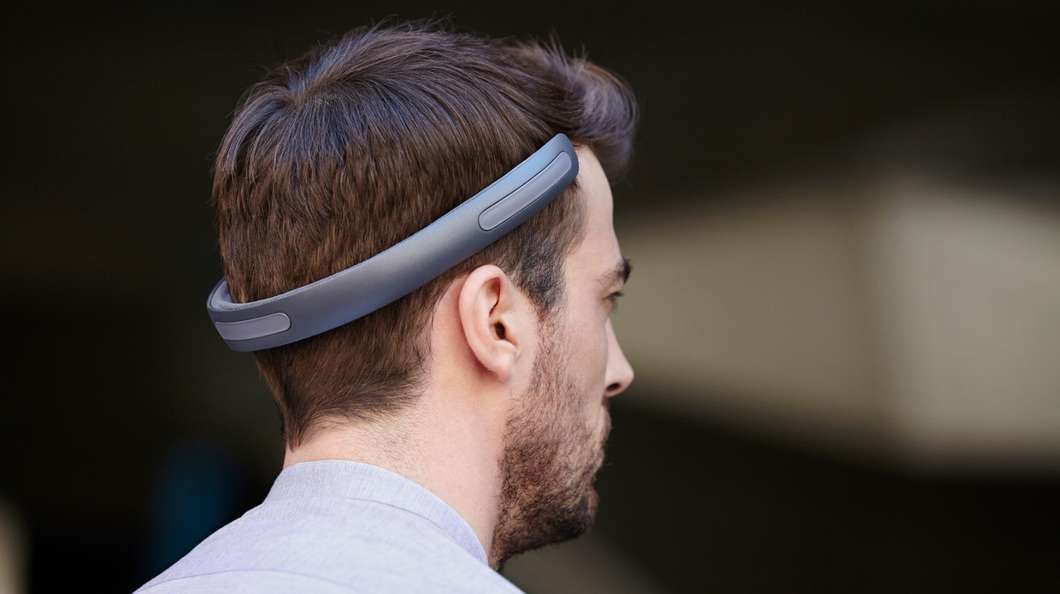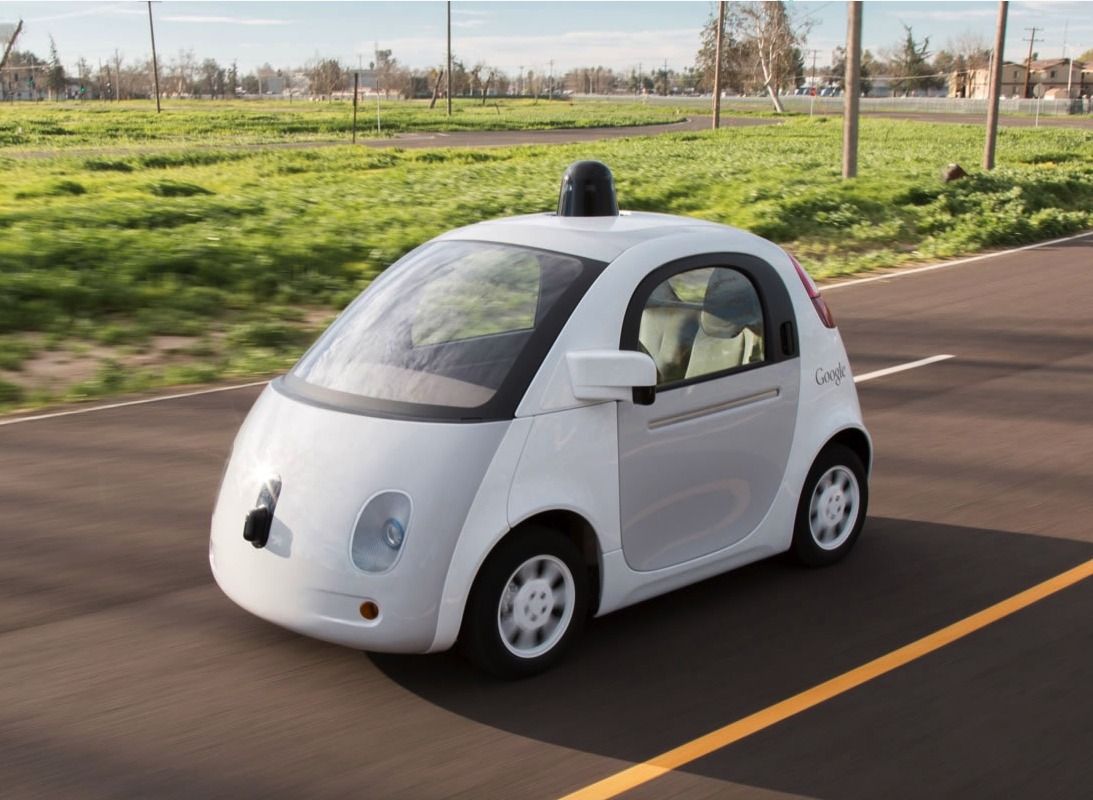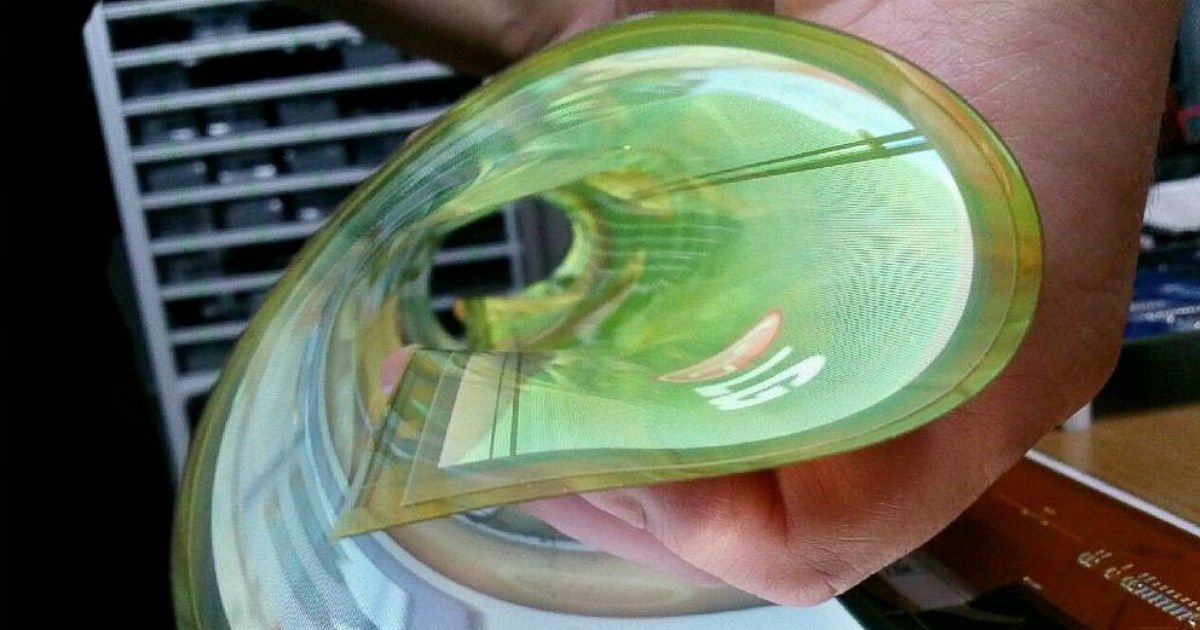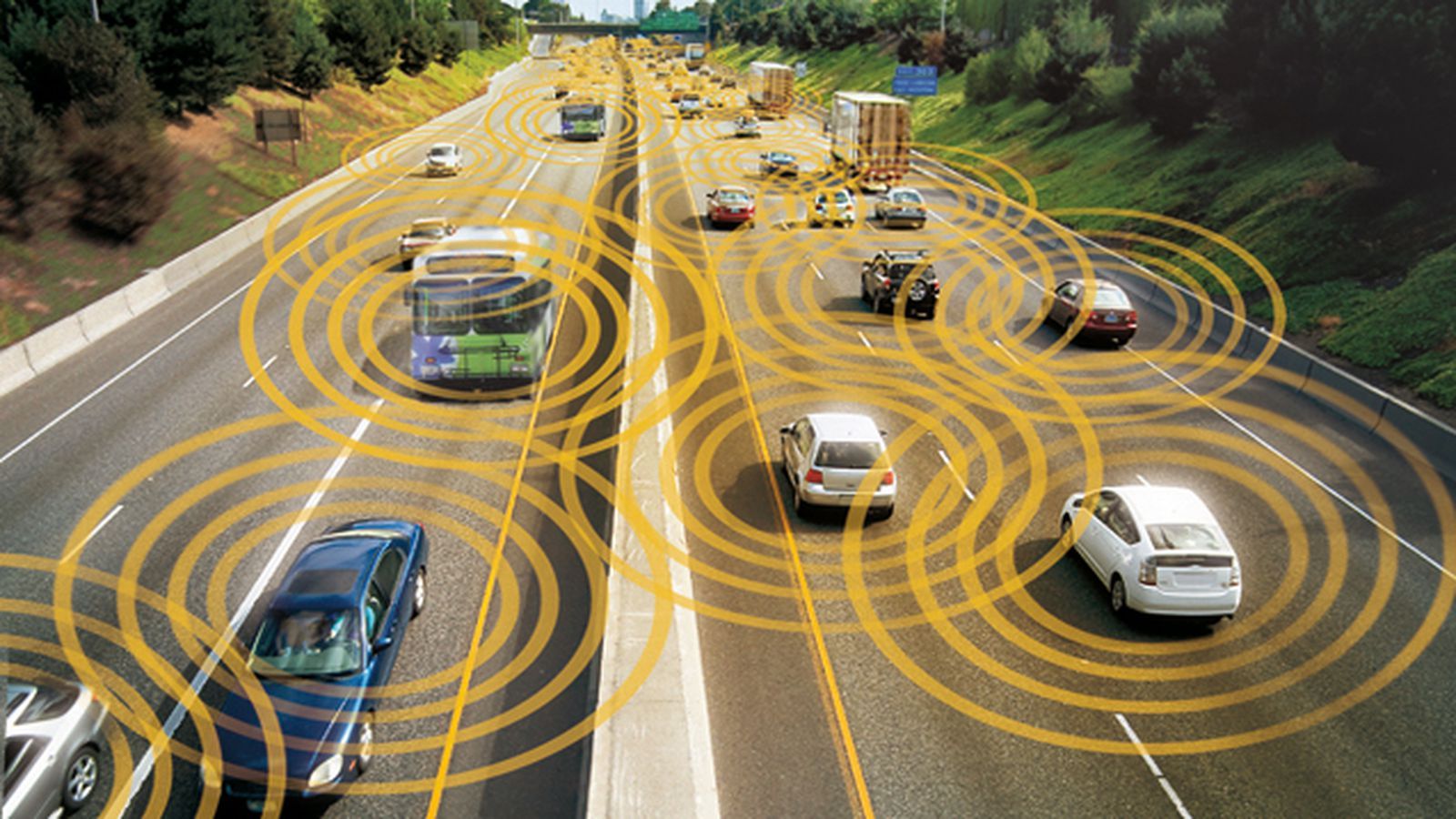
Boeing has announced that the first satellite with all-electric propulsion is now fully operational. Launched last March, the ABS-3A 702SP (small platform) satellite was formally handed over to its owner, Bermuda-based telecommunications company ABS, on August 31. It will provide communications services to the Americas, Europe, the Middle East, and Africa.
ABS-3A launched on March 1 atop a Falcon 9 rocket from SpaceX’s Launch Complex 40 at Cape Canaveral Air Force Station, Florida along with EUTELSAT 115 West B. The geosynchronous comsat’s key technology is its Xenon Ion Propulsion System (XIPS). Previously, hybrid systems that use a mix of chemical and ion propellants have been sent into orbit, but this is the first time a satellite has been deployed with an all-electric drive.
Boeing says that the technology is based on 210,000 hours of ion propulsion flight experience and is 10 times more efficient than liquid-fueled rockets. Four 25-cm (9.8-in) thrusters using xenon as a propellant allow the 702SP satellite to maintain stationkeeping while using only 5 kg (11 lb) of fuel per year. This is a great saving because the satellite needs less fuel and smaller thrusters, which reduces launch costs.
Read more

















